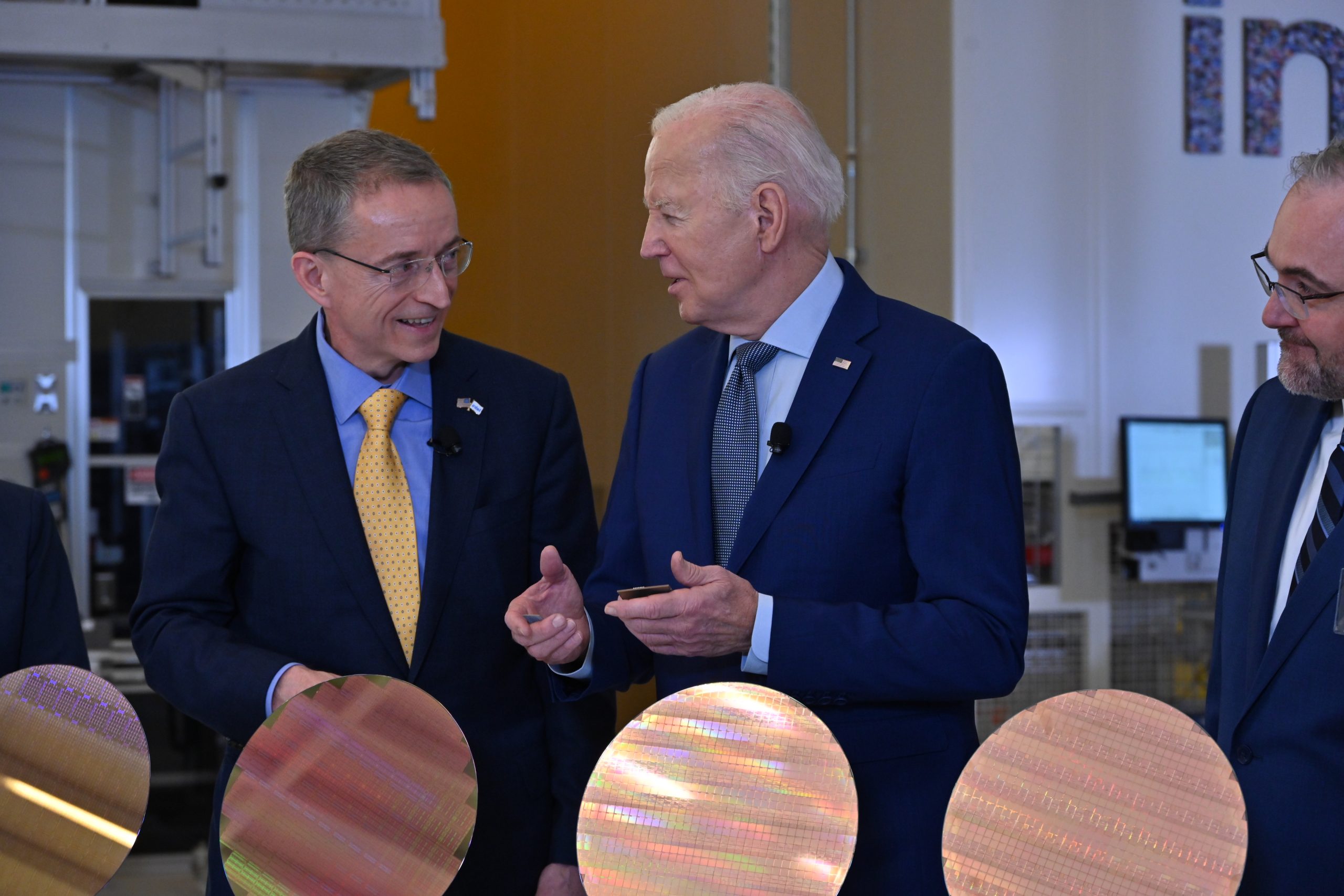Intel CEO Pat Gelsinger is facing questions from a US senator over the thousands of jobs losses at the chip giant, after it was awarded billions of dollars in federal grants and loans.
Reuters reported that Republican Senator Rick Scott on Wednesday had asked Pat Gelsinger for more details on the company’s plans to cut more than 15,000 jobs, despite the firm being set to receive nearly $20 billion in US grants and loans to boost chip production.
Earlier this year Intel has said it would spend $100 billion across four US states to build and expand chip factories in America, after a notable financial commitment from the Biden Administration.

Federal grants, loans
Intel had said at the time that the US Department of Commerce had “proposed up to $8.5 billion in direct funding through the CHIPS and Science Act to advance Intel’s commercial semiconductor projects in Arizona, New Mexico, Ohio and Oregon.”
In addition Intel had been granted federal loans up to $11 billion, making a total of $19.5 billion assistance from the US government.
But earlier this month Intel shocked the world when it revealed disappointing second quarter financial results, which highlighted the scale of the challenge still facing the firm in its turnaround plan.
Pat Gelsinger also confirmed that the chip giant would be cutting 15 percent of its 116,500 strong workforce (roughly 15,000 jobs), after admitting that “costs are too high, our margins are too low”.
That came on top of the 5 percent job losses in 2023, as well as a previous round of job cuts in October 2022.
Gelsinger added to gloomy outlook when he discussed the ongoing struggle to turn around Intel’s fortunes, which involve creating a foundry business, but also carrying on with heavy investments in new plants and R&D.
Intel troubles
Gelsinger’s confirmation of the problems at Intel, coupled with weak forecasts and the suspension of dividend payments to investors, had triggered the largest single day drop in Intel’s stock price in 50 years, after it plummeted 26 percent on 2 August.
This caused Intel’s market value to sink more than $32 billion in a single day.
Intel’s stock has lost more than 59 percent of its value so far this year.
Consequentially Intel shareholders sued the firm, alleging the chipmaker fraudulently concealed problems that led it to post weak Q2 results, slash jobs and suspend its dividend payment.
Intel also sold its stake in UK chip designer ARM Holdings, and this week it emerged that semiconductor industry veteran Lip-Bu Tan had resigned “effective immediately” from Intel’s board of directors, amid reports of differences with CEO Gelsinger over what Tan considered Intel’s bloated workforce, risk-averse culture, and lagging artificial intelligence strategy.
Senator questions
Now Reuters reported that Republican Senator Rick Scott from Florida asked Pat Gelsinger for more details on the company’s plans to cut more than 15,000 jobs despite being set to receive nearly $20 billion in US grants and loans.
In a letter seen by Reuters, Scott reportedly questioned if the Commerce Department’s planned awards had failed “to include real metrics that would protect taxpayer dollars from going to companies that could not meet high standards for U.S. manufacturing and job creation.”
The agency declined to comment on Scott’s letter, Reuters reported, and Intel did not immediately respond to requests for comment.
Scott wants Intel to detail how many American employees will lose their jobs and whether the cuts will impact Intel’s planned semiconductor manufacturing investments.
“What is Intel trying to achieve with these job cuts, and why have billions of US taxpayer dollars in investments not been sufficient support to avert the need for lay-offs?” Scott reportedly asked.




